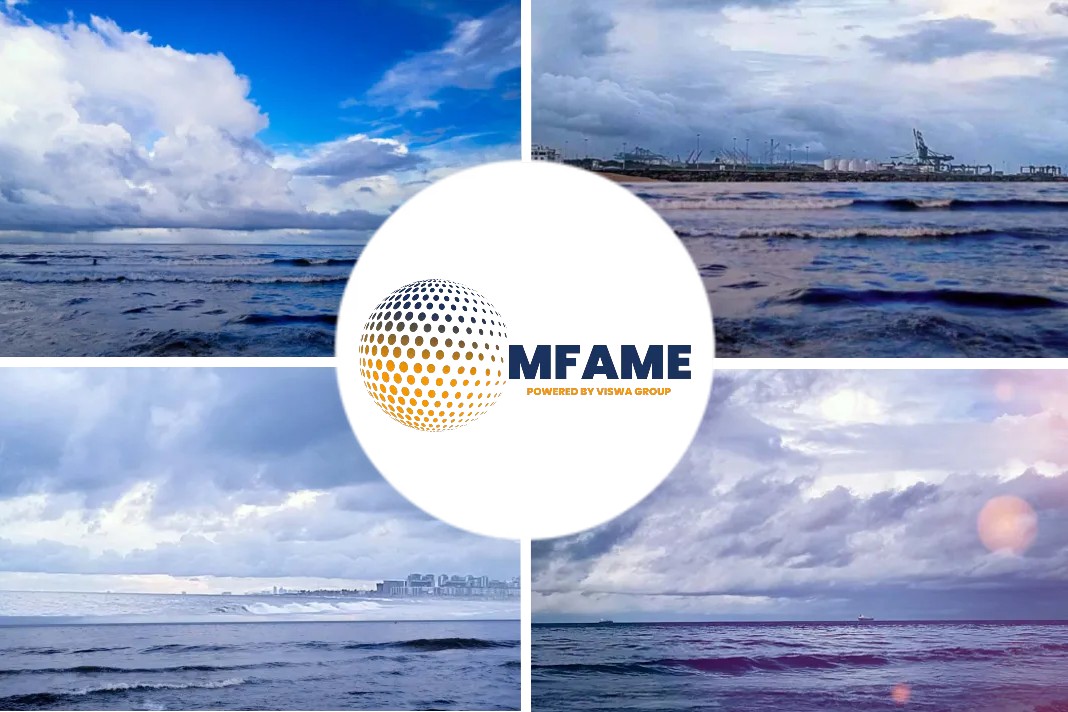According to a BIMCO report, the Marine Environmental Protection Committee (MEPC) strengthened Energy Efficiency Design Indexes (EEDI) for Phase 3 for certain ship types by increasing the reduction rate and/or bringing forward the start date.
Another report published by the Maritime Executive highlights that at the IMO Marine Environment Protection Committee (MEPC 74) meeting last week, amendments were agreed to significantly strengthen Energy Efficiency Design Index (EEDI) “phase 3” requirements.
When will the amendments come into force?
The amendments, expected to be adopted at the next session in April 2020, bring forward the entry into effect date of phase 3 to 2022, from 2025, for several ship types, including gas carriers, general cargo ships and LNG carriers. This means that new ships built from that date must be significantly more energy efficient than the baseline.
Key Points that Stand Out
- Phase 3 was initially covering the period from 2025 and onwards, mandating reduction rates of a 30% reduction calculated from a reference line representing the average efficiency for ships built between 2000 and 2010.
- MEPC approved the accelerated entry into force by moving the date from 1 January 2025 to 1 January 2022 for some ship types, targeting LNG carriers, (some) Cruise passenger ships, General cargo ships, (some) Gas carriers, as well as container ships. The changes are up for final adoption at the next meeting in spring 2020.
- The EEDI measures a minimum energy efficiency level per capacity mile (e.g. tonne mile) for different ship type and size segments. New ship design needs to meet the reference level for their ship type. The EEDI level has been tightened incrementally every five years, and now strengthened by moving the start date for Phase 3.
- For container ships, the EEDI reduction rate is enhanced between 30 and 50 percent already from 2022 compared to the reference line. For the other ship types the reduction rates is generally 30 percent.
- The MEPC also agreed to terms of reference for the introduction of a possible Phase 4 of EEDI requirements.
The Enhanced EEDI reduction rate for containerships:
- For a container ship of 200,000dwt and above, the EEDI reduction rate is set at 50 percent from 2022
- For a container ship of 120,000dwt and above but less than 200,000dwt, 45 percent from 2022
- For a container ship of 80,000dwt and above but less than 120,000dwt, 40 percent from 2022
- For a container ship of 40,000dwt and above but less than 80,000dwt, 35 percent from 2022
- For a container ship of 15,000dwt and above but less than 40,000dwt, 30 percent from 2022
The MEPC also agreed terms of reference for a correspondence group to look into the introduction of a possible “phase 4” of EEDI requirements.
GHG Study
The terms of reference for the Fourth IMO GHG Study were agreed, and an invitation to tender will be issued shortly. It is intended that the work could begin in Autumn 2019, with a view to the final report of the Study being submitted to MEPC 76, to be held in Autumn 2020. The previous, Third IMO GHG Study, was published in 2014.
IMO-Norway GreenVoyage-2050 project
The IMO-Norway GreenVoyage-2050 project was launched on May 13 to respond to the need to provide technical assistance to states and to support technology transfer and promote green technology uptake to improve energy efficiency and reduce GHG emissions throughout the maritime sector.
Cooperation with ports to reduce emissions from shipping
MEPC adopted resolution MEPC.323(74) to encourage voluntary cooperation between the port and shipping sectors to contribute to reducing GHG emissions from ships. This could include regulatory, technical, operational and economic actions, such as the provision of: onshore power supply (preferably from renewable sources); safe and efficient bunkering of alternative low-carbon and zero-carbon fuels; incentives promoting sustainable low-carbon and zero-carbon shipping and support for the optimization of port calls including facilitation of just-in-time arrival of ships.
Did you subscribe to our daily newsletter?
It’s Free! Click here to Subscribe!
Source: BIMCO, Maritime Executive






















